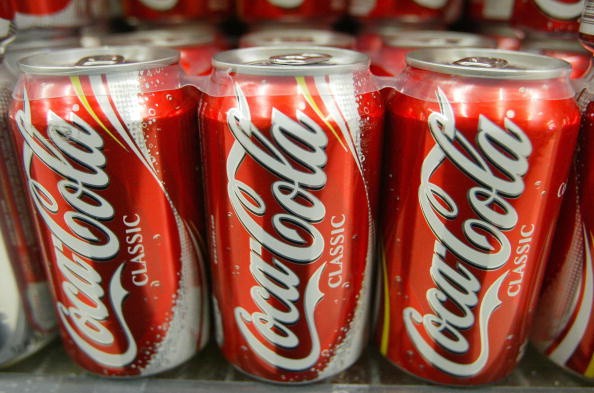A new study reports that Coca-Cola has exerted efforts to influence scientists to downplay the role of sugar and sugary beverages in obesity.
The soft drink company has reportedly donated millions of dollars to a nonprofit organization and its research team that claimed to conduct studies on the causes of the obesity crisis in the United States. The team included members from the Universities of Oxford and Cambridge, in partnership with the London School of Hygiene & Tropical Medicine, the University of Bocconi in Milan, Italy, and the U.S. nonprofit Right to Know.

"In their own words"
The report, titled "Evaluating Coca-Cola's attempts to influence public health 'in their own words': analysis of Coca-Cola emails with public health academics leading the Global Energy Balance Network," was recently published in the peer-reviewed journal, Public Health Nutrition.
Despite the Global Energy Balance Network's claims of independence in its publications, the research team found evidence that The Coca-Cola Company made significant efforts to divert attention from simply being a funding source. The report noted that the beverage titan diversified funding partners and even withheld information about the funding.
Furthermore, Coca-Cola had its network of researchers and scientists dubbed in the report as an email family. This email family supported the brand's public relations strategy, also working to support academics advancing their careers and affiliated medical institutions.
The study concluded that Coca-Cola "sought to obscure its relationship with researchers" and minimize the public's perception of their role, promoting an industry-friendly narrative. It also said, "more robust approaches for managing conflicts of interest are needed to address obscured patterns of industry influence."
The Global Energy Balance Network
The organization in question was the Global Energy Balance Network, or GEBN, a nonprofit group based in the United States. It first claimed to research the causes of excessive weight gain. GEBN later emphasized the lack of exercise was primarily responsible for the crisis, instead of the often-cited bad diet factors.
In the report from Cambridge, the research team evaluated the extent to which Coca-Cola attempted to influence the GEBN efforts, pointing out correspondences availed by the team through Freedom-of-Information (FOI) requests.
It was Right to Know, another American nonprofit that made the requests from 2015 to 2016. The request yielded some 18,000 pages of emails of correspondences between The Coca-Cola Company and the public health scientists from the University of Colorado and West Virginia--two of the leading institutions under the Global Energy Balance Network.
RELATED: Records Reveal Coca-Cola's Immense Power Over Health Research
The New York Times was the first to break the news about Coca-Cola influencing public health scientists back in 2015. It pointed out that Coca-Cola has been suffering from the declining consumption of sugary drinks due to the public's growing concern over obesity.
"Most of the focus in the popular media and the scientific press is, 'Oh they're eating too much, eating too much, eating too much' - blaming fast food, blaming sugary drinks and so on," GEBN Vice President Steven N. Blair has been quoted in the 2015 article.
The NY Times article also noted that the network's website is registered to the Coca-Cola HQ in Atlanta, Georgia. However, President James O. Hill of the group and a professor at the University of Colorado School of Medicine, said that the brand registered the GEBN site on their behalf because the members "did not know how."
"They're not running the show," Hill declared. "We're running the show."












